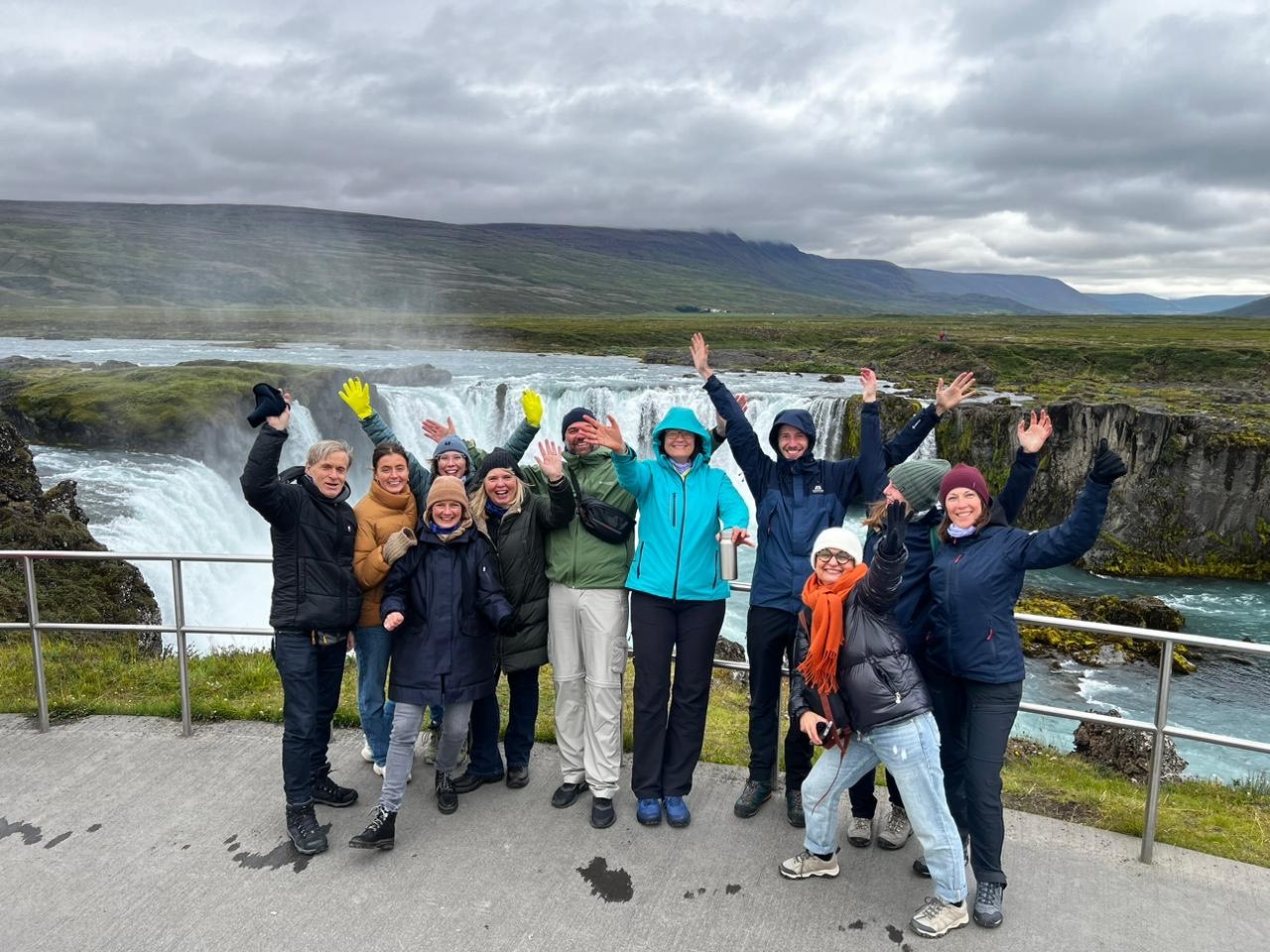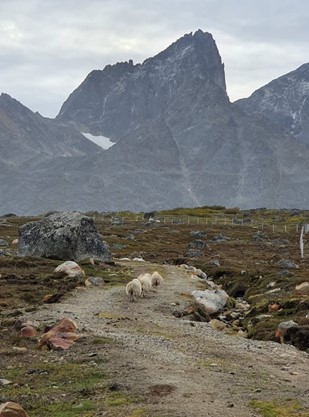ICEBERG - Innovative Community Engagement for Building Effective Resilience and Arctic Ocean Pollution-Control Governance in the context of Climate Change

![]()
Interdisciplinary research on climate change, pollution and health, and adaptation in Arctic coastal communities.
Horizon Research and Innovation Action Fund Grant Number: 101135130
Project period: January 1, 2024, to December 31, 2026
ICEBERG (Innovative Community Engagement for Building Effective Resilience and Arctic Ocean Pollution-Control Governance in the context of Climate Change) is an interdisciplinary research project that aims to do a comprehensive assessment of the sources, types, distributions, and impacts of pollution in combination with chronic climate-induced stressors on ecosystems and communities in the European Arctic's land-ocean continuum using a One Health approach, and to develop strategies for enhancing community-led resilience, as well as pollution-control governance. The project focusses on three (sub)regional case studies: western Svalbard, South Greenland, and Northeast Iceland.
The research involves close collaboration across disciplines and sciences among many international partner institutions, and the use of citizen science to work in co-production with local residents and stakeholders.
The ICEBERG consortium is led by Dr. Thora Hermann (science coordinator) and Dr. Élise Lépy (project manager) at the University of Oulu, Finland.
At the Stefansson Arctic Institute the research is led by Dr. Joan Nymand Larsen, senior scientist and research director, and professor of economics at the faculty of social sciences, University of Akureyri. Along with Joan, Jón Haukur Ingimundarson, senior scientist at the Stefansson Arctic Institute and associate professor of anthropology at University of Akureyri; Þórný Barðadóttir, PhD student in Tourism Studies and researcher at the Icelandic Tourism Research Centre and the Stefansson Arctic Institute; and Helga Guðrún Númadóttir, M.A. in Polar Law and researcher at the Stefansson Arctic Institute, will be working on the Greenlandic and Icelandic case studies.
Joan and Jón Haukur have conducted field-based research in West and South Greenland for many years on social and economic inequalities, climate change impacts, adaptation strategies, and social indicators in close co-production with local stakeholders. This research enable the international and multidisciplinary team to take important new steps forward in identifying adaptation strategies in close engagement with local communities.
ICEBERG includes field sites in South Greenland, Northeast Iceland and Svalbard where the team investigates the multifaceted and complex effects that pollution, climate change and human activities have on the coast and ocean in the Arctic, posing significant threats to the ecosystem and human health. The project will assess sources, types and distribution of pollutants and study the interconnected effects of human-induced pollution and climate stressors in the Arctic.
ICEBERG champions multi-stakeholder and gender-based approaches to assess the impacts, risks, and vulnerabilities on Indigenous and local communities and co-create scenarios of change. Scenario modelling is used to co-design local pollution-control strategies.
Joan Nymand Larsen will be co-leading work together with University of Oulu and others on risk assessment and local resilience strategies for ecosystems and communities in response to pollution and climate factors. The research also involves assessing the perceived and locally observed impacts, risks, and vulnerabilities of stressors on ecosystem health, food security and safety, human health, and well-being. The research consortium is highly interdisciplinary with close collaboration between social and natural sciences and local stakeholders.
Researchers at the Stefansson Arctic Institute:
Prof. Joan Nymand Larsen
Dr. Jón Haukur Ingimundarson
Þórný Barðadóttir, M.A. and PhD student
Helga Guðrún Númadóttir, M.A.
Consortium Partners: 16 partner institutions from 9 different countries – Finland, France, Germany, Greece, Iceland, Italy, Poland, Portugal, Spain.
For more information: Prof. Joan Nymand Larsen at jnl@unak.is

Sheep walking at the foothills of the mountains in Nanortalik